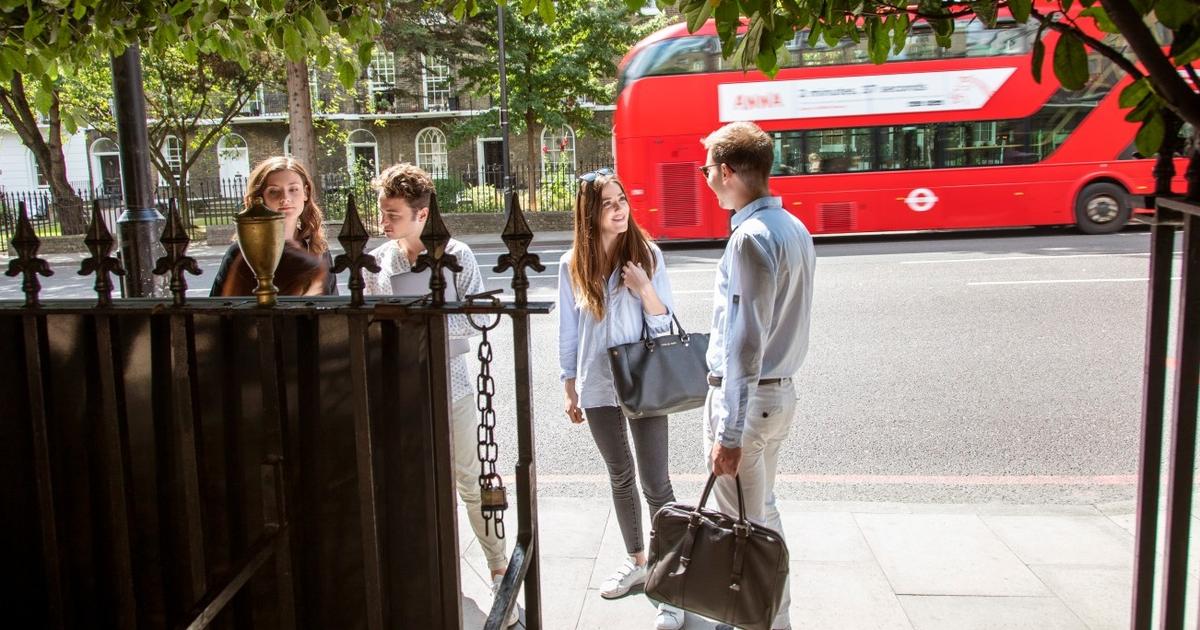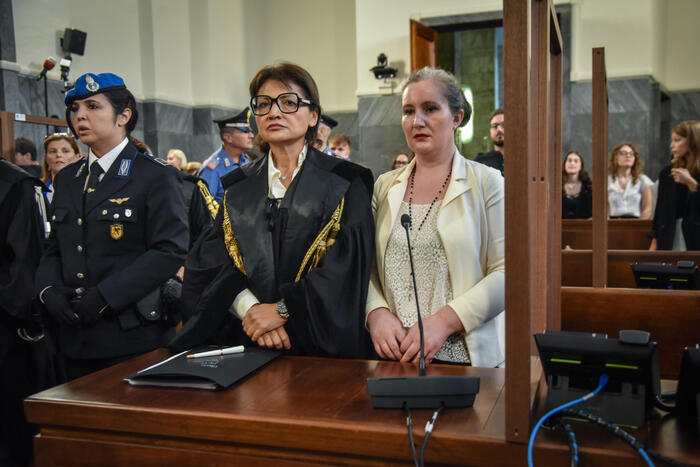The digital school report is announced.
This should make a lot of things easier and safer, making manipulation and forgery impossible.
Initially, three federal states are testing with IT experts.
Düsseldorf (dpa) - Blockchain technology, hash value and cryptographic number chain: What sounds like technical jargon for IT freaks to laypeople could soon make digital school reports possible across Germany.
A test run in North Rhine-Westphalia, Berlin and Rhineland-Palatinate will start this summer. Govdigital - an association of public IT service providers - and Bundesdruckerei are currently working with Saxony-Anhalt to develop a new system for creating digital certificates. NRW even wants to issue them to the first high school graduates as early as the end of June, according to the local school ministry.
All federal states are included, says Eric Stange, who is responsible for the project at Bundesdruckerei. "So far we have only had positive feedback, there is great interest." The digital version is "simple, forgery-proof and complies with data protection regulations". Paper certificates are proving to be more and more impractical, especially for graduates, because applications for study or apprenticeship positions are now largely online, as the expert emphasizes. When scanning, the quality suffers. The risk of manipulation is great with paper certificates. There are even tutorials on YouTube with instructions on how to forge music.
According to the Federal Online Access Act (OZG), all state services are to be made available to citizens digitally by the end of 2022.
In the area of education - Saxony-Anhalt was named here as the leading OZG actor - this also includes digital school certificates.
A minimal version has already proven that the thing works technically, says Stange.
In order to roll out the system for the whole of Germany, the application will now be tested in three “particularly pro-active” countries.
By the end of 2022, all other federal states could also start up on a trial basis, and real operations should then run from 2023.
But there is no compulsion.
Will the paper certificate soon die out?
Expert Stange and the NRW Ministry of Education do not see that.
Pupils could continue to receive it ceremoniously in the auditorium and present it in black and white.
What would be omitted would be unnecessary running, you could save time, effort and money, says the Bundesdruckerei with a view to the diplomas in particular. Example Abi: For applications, students have to have copies certified by the office, sent by post to the universities or companies, where they are then checked. The future, according to the project partners: a PDF certificate file in which another machine-readable XML file is embedded. The digital certificate, secured and encrypted, could be downloaded from an online platform by schoolchildren - they have data sovereignty - and sent by e-mail, for example. The addressee checks in fractions of a second whether the document is genuine.
So if a pupil applies to study physics, the university quickly clarifies the authenticity of their certificate. At the same time, the system on campus automatically reads the relevant Abitur grades for math and physics. “The notes then no longer have to be transferred manually,” explains Stange. The first step is to get diplomas. Little by little, the younger generation should also get on with it, he says. If a third grader moves to another federal state because of a family move, a few clicks would be enough to transfer the grade.
NRW is currently making progress: more than a hundred schools in the Cologne-Aachen area are offered to take part in a test, reports the ministry. You will receive a software prototype that will be integrated into the management system that has been used so far. Before the start of the holidays on July 5, the first digital Abitur certificates can be issued, with a certificate of authenticity and secured by a “cryptographic chain of numbers”. Some universities made it possible to enroll this summer. "Experience from the field test should also flow into the transnational working group." Digital certificates could improve processes, says School Minister Yvonne Gebauer (FDP).
Do all teachers now have to attend an IT crash course?
There is no training required, assure govdigital and Bundesdruckerei.
The handling is easy: the schools enter the certificate data in their familiar system, transmit it via a new interface to the Bundesdruckerei, where the digital certificate is created, secured and sent back to the school - all in compliance with data protection regulations.
In addition to their paper certificate, the students receive a digital version in PDF format.
A checksum - in the technical jargon "hash value" - is unchangeably stored and secured in a blockchain as a number chain and quasi digital fingerprint.
Bundesdruckerei assures us that no other data is stored with it other than the checksum.
"After the download, the certificate is only with the students."
© dpa-infocom, dpa: 210620-99-67090 / 3
Explainer video Bundesdruckerei GmbH
Info Federal Printing Office








